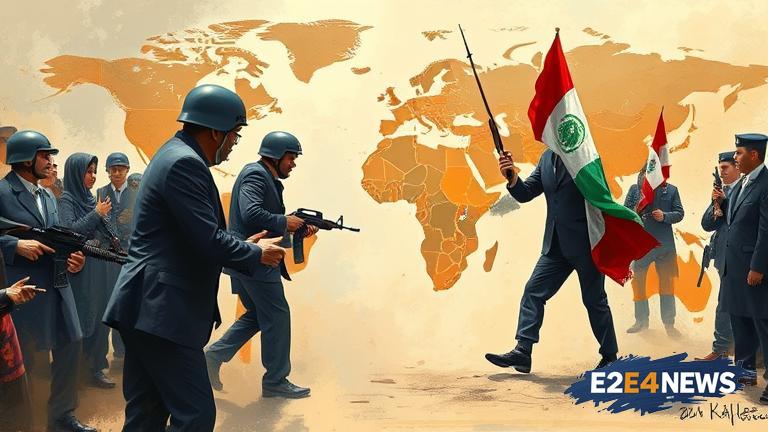The threat of terrorism has become a global concern, with countries from all over the world coming together to combat this menace. In recent years, there has been a significant shift in the approach to counter-terrorism, with a greater emphasis on diplomatic efforts. The strategic use of diplomacy has emerged as a crucial tool in the fight against terrorism, allowing countries to share intelligence, coordinate efforts, and build alliances to tackle this complex issue. The United Nations has played a key role in promoting international cooperation on counter-terrorism, with the adoption of several resolutions and conventions aimed at preventing and suppressing terrorist acts. The UN Counter-Terrorism Committee has been instrumental in monitoring the implementation of these resolutions and providing technical assistance to countries to help them build their capacity to combat terrorism. Regional organizations, such as the European Union and the Association of Southeast Asian Nations, have also been actively engaged in counter-terrorism efforts, sharing best practices and coordinating policies to address the threat. The use of diplomacy has also enabled countries to engage with each other on sensitive issues, such as the sharing of intelligence and the extradition of terrorist suspects. Furthermore, diplomatic efforts have helped to build trust and cooperation between countries, allowing them to work together more effectively to prevent and respond to terrorist attacks. The importance of diplomacy in counter-terrorism was highlighted at the recent UN General Assembly, where world leaders emphasized the need for a comprehensive and coordinated approach to addressing the root causes of terrorism. The assembly also saw the launch of a new initiative aimed at promoting international cooperation on counter-terrorism, with a focus on building the capacity of countries to prevent and respond to terrorist attacks. In addition to these international efforts, countries have also been taking steps to strengthen their own counter-terrorism capabilities, including the establishment of specialized agencies and units to deal with terrorist threats. The use of technology has also become a key aspect of counter-terrorism efforts, with countries using advanced systems to monitor and track terrorist activity. However, despite these efforts, the threat of terrorism remains a significant concern, with new and emerging threats, such as cyber-terrorism and lone-wolf attacks, posing a major challenge to countries around the world. To address these challenges, countries will need to continue to work together, sharing intelligence and best practices, and building their capacity to combat terrorism. The role of diplomacy will be critical in this effort, allowing countries to build trust and cooperation, and to work together to prevent and respond to terrorist attacks. In conclusion, the strategic use of diplomacy has emerged as a crucial tool in the fight against terrorism, enabling countries to share intelligence, coordinate efforts, and build alliances to tackle this complex issue. As the threat of terrorism continues to evolve, it is likely that diplomacy will play an increasingly important role in international efforts to combat this menace.
